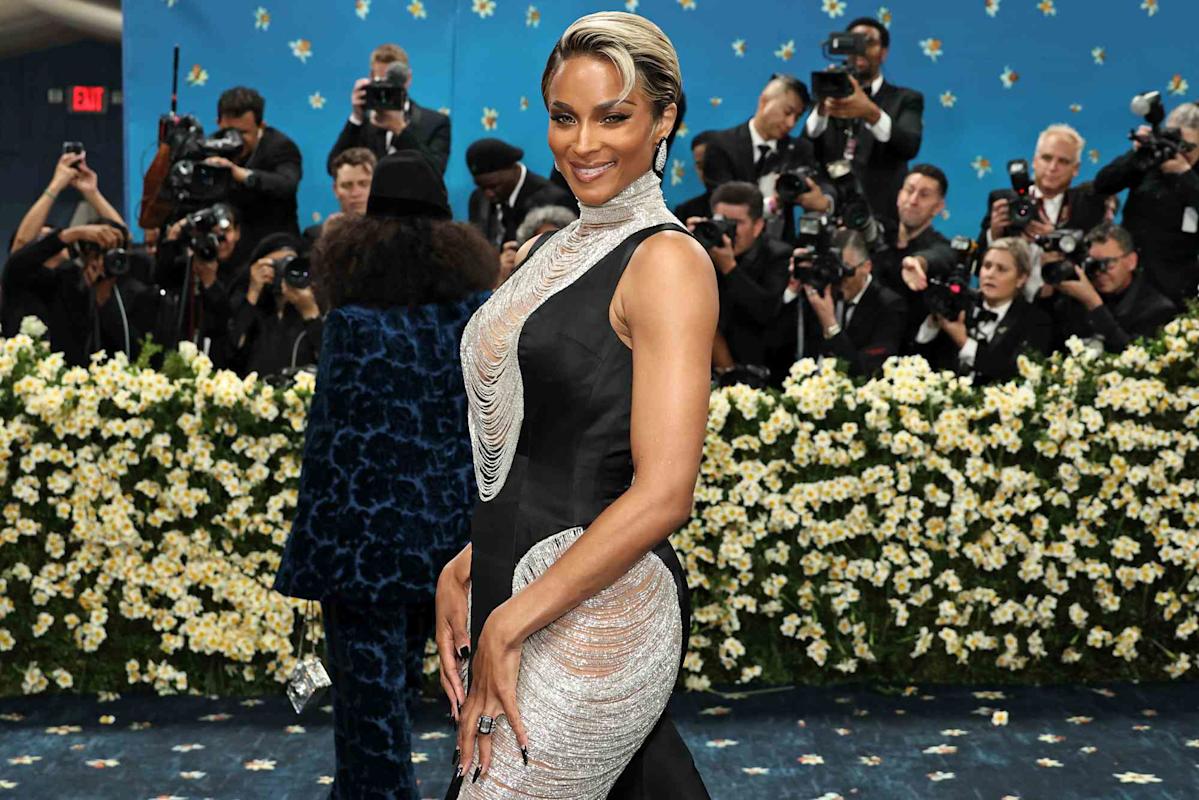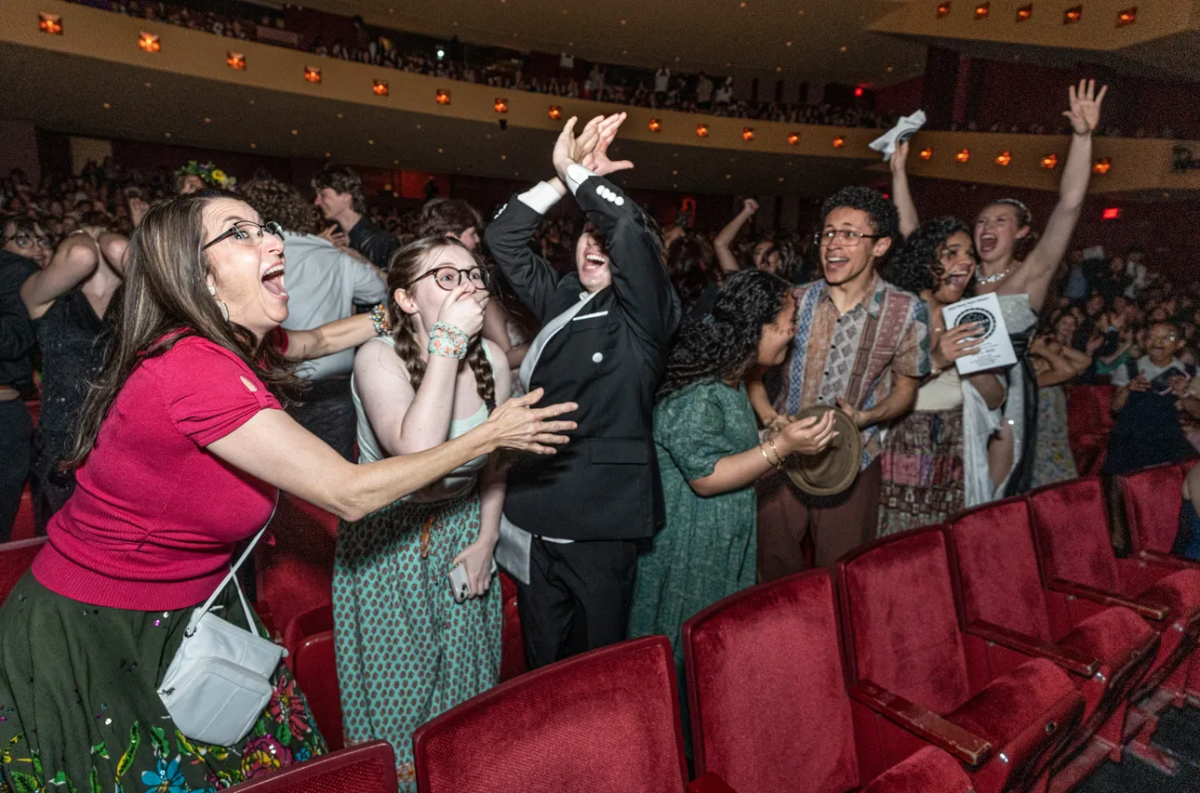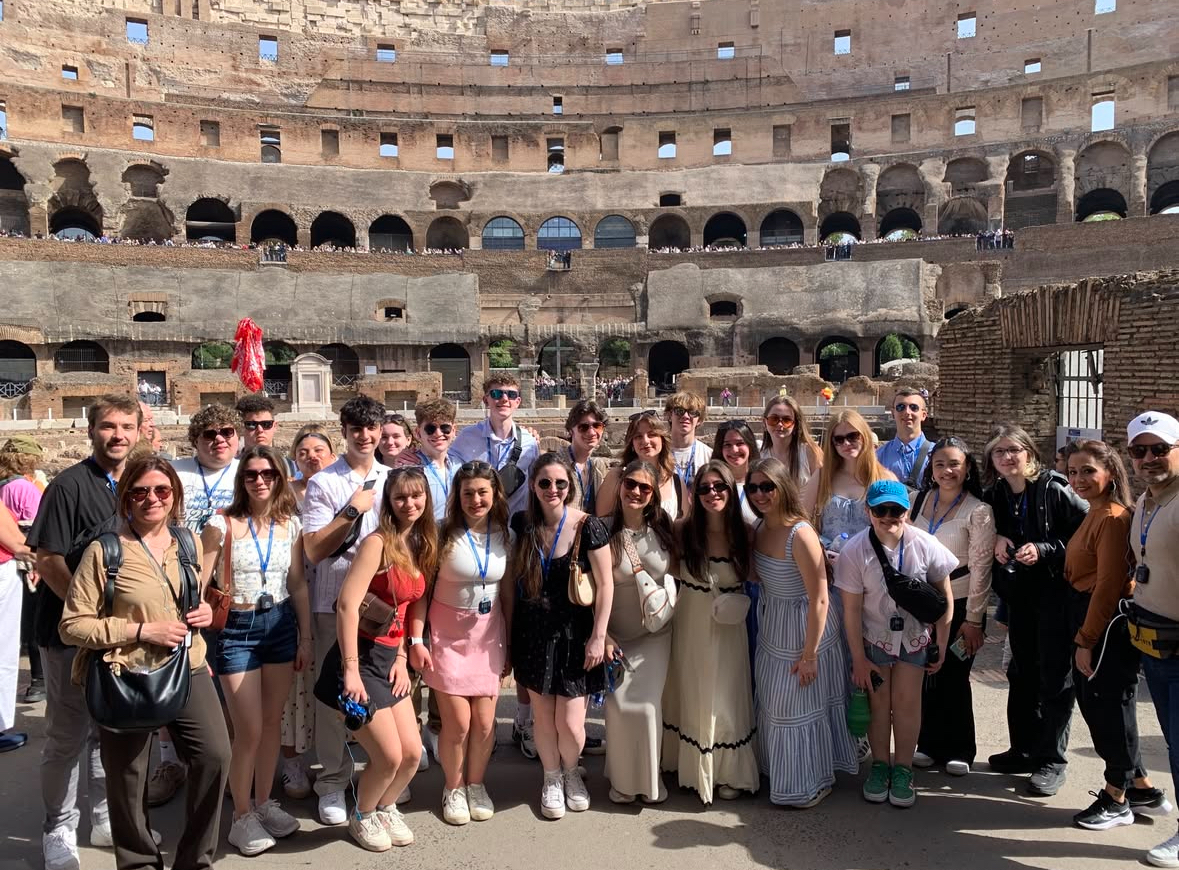Throughout the many major sporting events of the world, there is normally a great amount of demand to host these large sporting events from the largest cities and nations in the world. Not only do such sporting events potentially allow for a city/country to receive large economic benefits, but such events lead towards a (if well executed) greater reputation on the global stage.
But how do events such as the World Cup, the Olympics, and the Super Bowl choose where their event will take place?
Super Bowl
Although a past practice, the NFL would invite cities to bid for the right to hold the Super Bowl (given the many monetary benefits of hosting the event), but since 2018, the NFL has used a completely different system altogether. First, a shortlist of cities that have the facilities to host the Super Bowl (with such cities quite commonly having their own NFL franchise) is created, with such cities needing to meet certain specific requirements in order to host. Some of the requirements include having a seating capacity of 70,000+, recording an average game day temperature over 50°F during the regular season (unless the stadium is domed or receives special permission), and having the specific tech and media facilities to host the national event. Then, after a proper host city is identified, the city must accept the invitation to host. Lastly, it is put up to a vote of the 32 NFL teams to verify the selected city.
Like other events of the scale, the Super Bowl normally has its future locations chosen 3 years ahead of time. Currently, Super Bowl LXII is set to be hosted in Mercedes-Benz Stadium in Atlanta, GA, while the rights for the Super Bowl in 2029 are rumored to be in a tight race between Las Vegas and Nashville.

World Cup
With 5 billion viewers in 2022, the World Cup is a global spectacle of soccer (commonly referred to as “football” outside of the U.S.) which has received great demand by many nations to host over the years. But how are the host nation(s) selected?
Firstly, there are certain minimum infrastructure requirements that prospective host nations must meet, such as stadium space, transportation, hospitality, etc. If such conditions are not met, however, then there must be proposed plans to build up such infrastructure. For example, after Qatar’s win to host the previously mentioned 2022 World Cup, the nation put into action a $220~ billion dollar investment to build proper facilities for the World Cup to make the city more accommodating for the event as a whole. Although such investments happened to coincide with Qatar’s plans to build up their infrastructure with or without hosting a World Cup (and had a much greater amount invested into it than previous hosts), Qatar’s commitment to meeting requirements to host the event by such grand monetary achievement proves just how extensive the requirements to host the World Cup are.
After such facilities are verified, the nation(s) that wish to host submit a written declaration of interest, which detail how such federation(s) plan to host the event. With the process of the official bid to host being settled, FIFA evaluates the quality of the proposal through many criteria such as feasibility, financial potential, and quality of infrastructure. Finally, after rejecting bids that fail to meet requirements, the FIFA Council selects three bids to be voted on publicly. Out of the three proposals, one is chosen and therefore hosts the World Cup. Currently, the furthest away World Cup in 2034 is decided to be hosted by Saudi Arabia.

Summer and Winter Olympics
Generally regarded as the world’s leading sporting event, the requirements to host the Olympic Games are incredibly extensive and specific. Not only must the host have all the facilities for the extensive amount of sports at the event (30+ for Summer Games, 16+ for Winter Games), but also they must be able to accommodate an incredibly large amount of tourists and spectators.
As a result, the system of choosing a host city is decided by a secret ballot vote by the 110 current members of the International Olympic Committee, where a member of a nation that can be voted for must abstain from voting due to potential bias. If a majority winner is not selected in the first round of voting, the least voted on option gets removed, and the ballot is recast. When it comes to the analysis of potential plans and voting actions, the Future Host Commissions of the IOC (one for the Summer Games, and one for the Winter Games) manage recommendations to the IOC for potential candidates to host the Olympic Games.
As you can see, these events are neither just chosen at random nor are they given next to no thought. The extensive and expensive process is where sports is now at, for better or worse, and all of these various factors will continue to drive these decisions for many years.




















































































































































































